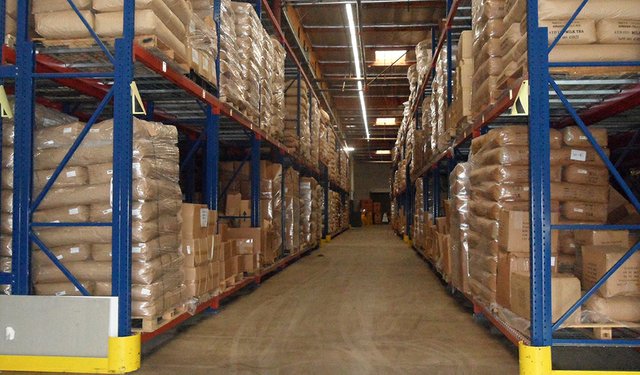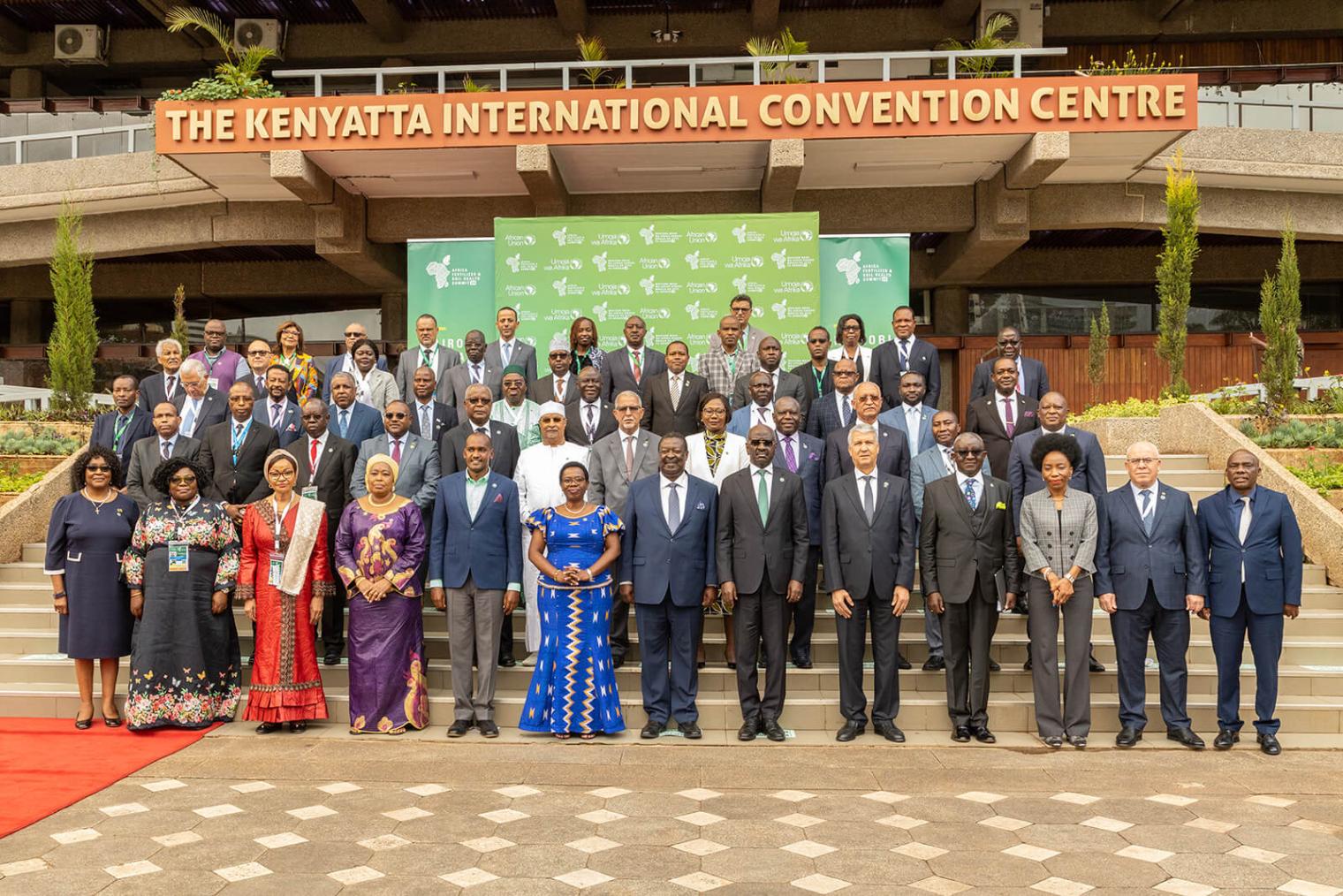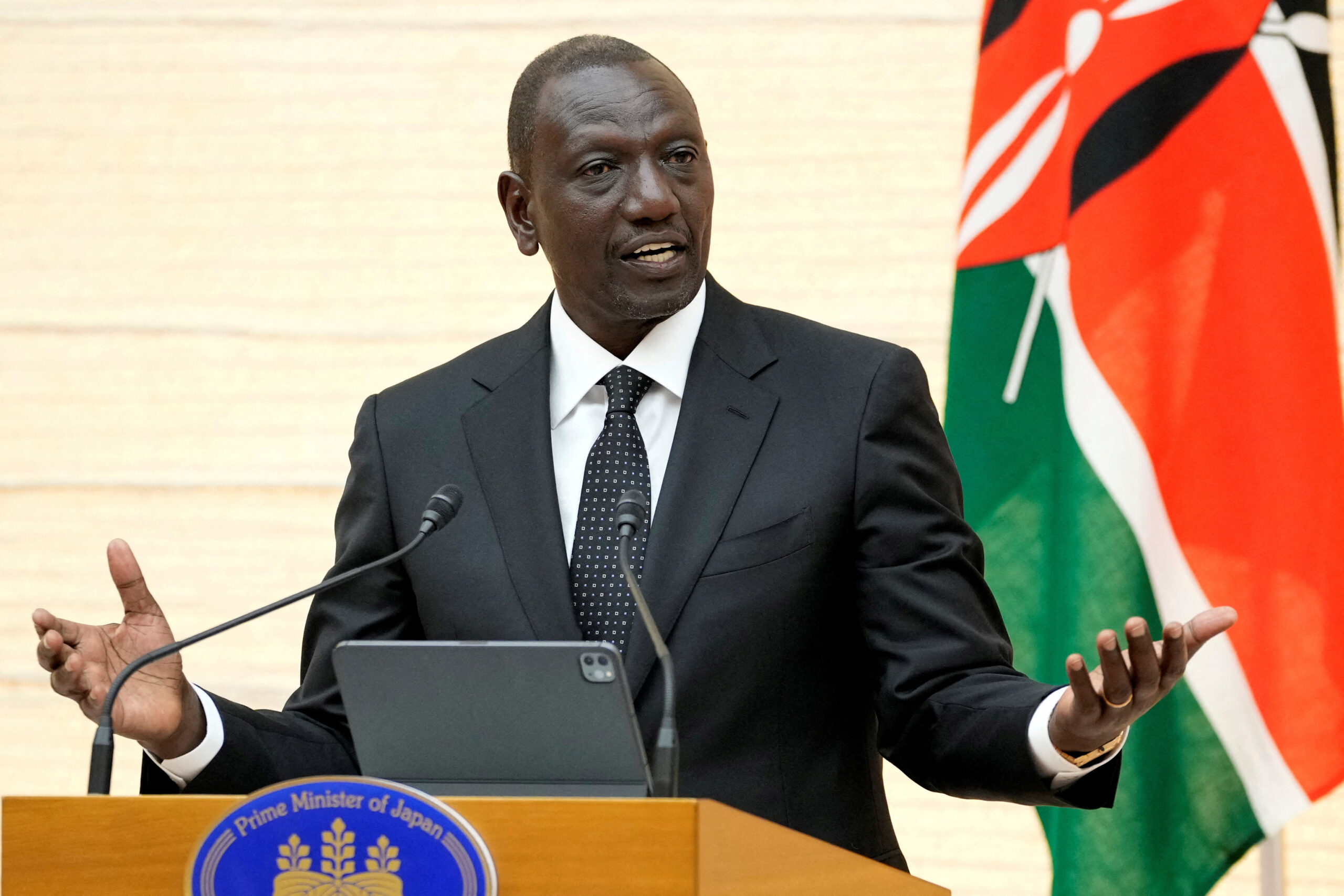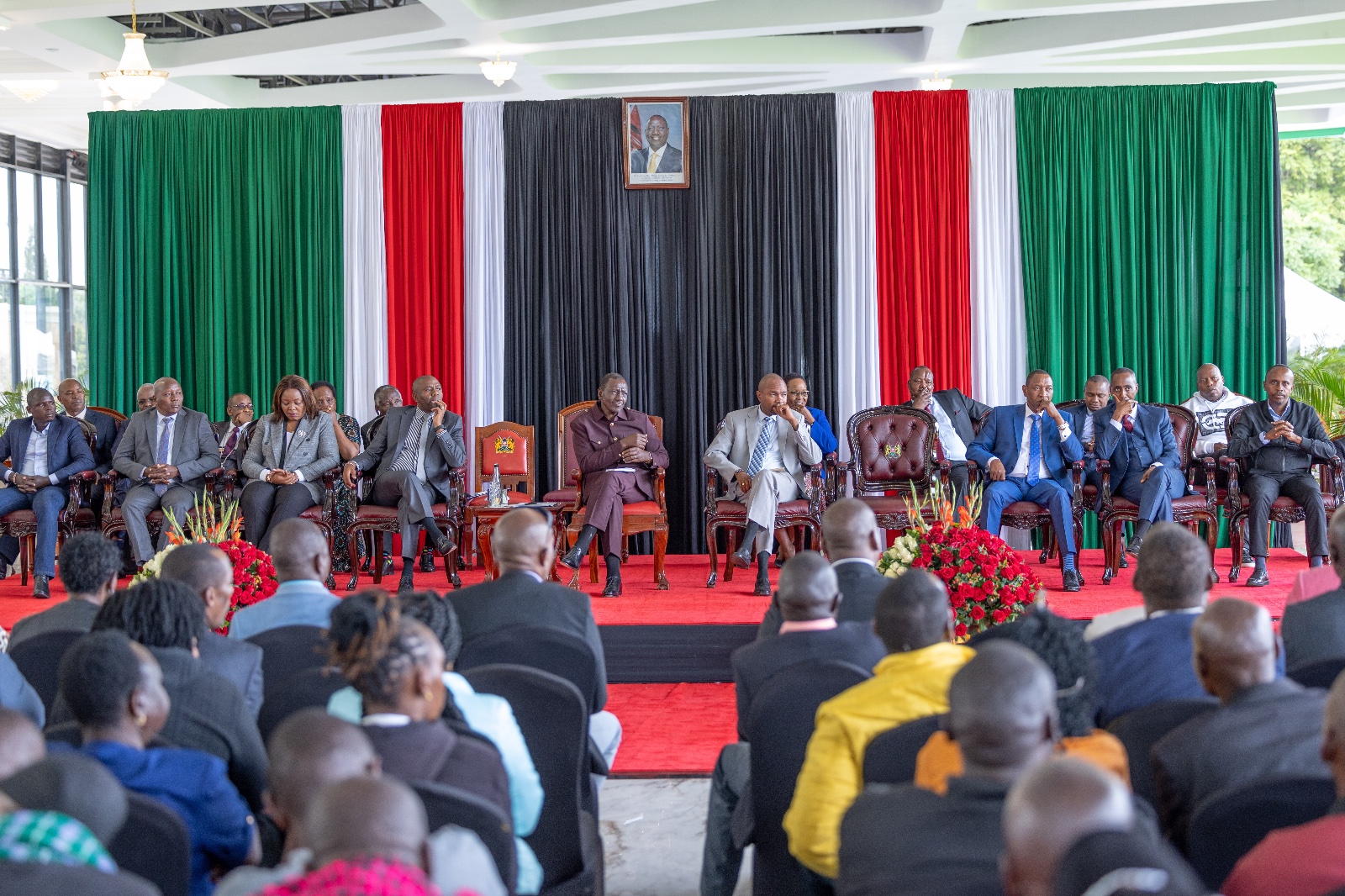
Kenya’s tea export earnings reached an unprecedented high of 180.6 billion shillings 2023, marking a remarkable 31% increase from the 138.1 billion shillings reported in 2022.
The success, attributed to a favorable exchange rate and expanded export markets, reflects on the resilience and growth of the tea industry under President Ruto’s.
Despite a slightly lower export unit price in dollar terms at $2.47 per Kg, the depreciation of the local currency against the dollar contributed to a rise in the unit price to 345.32 shillings compared to 306.64 shillings in the previous year.
President Ruto’s economic policies and management have fostered stability in tea prices, ensuring a positive impact on export earnings.
President Ruto’s diplomatic efforts and trade policies have strengthened ties with key tea-buying nations, contributing to sustained growth in tea exports.
Kenya experienced increased tea sales in various markets, including Egypt, the United Kingdom, and the United Arab Emirates, showcasing diversification and resilience in the face of market challenges.
Export destinations increased from 82 to 92, clearly showcasing the President’s efforts in promoting Kenya’s tea globally and ensuring sustained growth in both production and market reach. Pakistan remained as Kenya’s largest tea buyer in 2023, importing 181.98 million kilograms, a 15% increase from the previous year.
President Ruto’s strategic trade initiatives have facilitated the exploration of new markets, reducing dependence on a few traditional buyers.
Kenya’s total tea production witnessed a significant 6.6% increase, reaching 570.26 million kilograms in the year under review. Programs initiated by H.E President Ruto such as the subsidized fertilizer have resulted to this significant growth.
The country’s tea export earnings reached an unprecedented high of 180.6 billion shillings marking a remarkable 31% increase, attributed to favorable exchange rates, and expanded export markets under President Ruto’s administration.
Despite a slightly lower export unit price in dollar terms, President Ruto’s economic policies fostered stability in tea prices, with the depreciation of the local currency against the dollar contributing to a rise in the unit price, ensuring a positive impact on export earnings.






